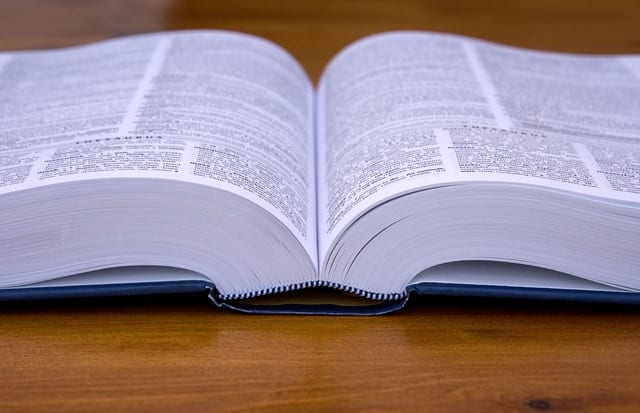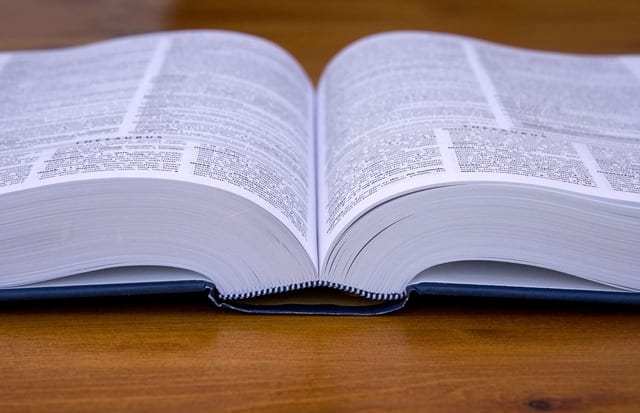English is a notoriously tricky language to learn, with unnecessarily complicated tenses and pronunciations. Some words are almost laughably complicated, and the most complicated word of all may surprise you: “run.”
Run, as a verb, has a record-breaking 645 definitions, making it the most complex word in the English language. Author Simon Winchester explained it in The New York Times.
“You might think this word simply means ‘to go with quick steps on alternate feet, never having both or (in the case of many animals) all feet on the ground at the same time. But no such luck: that is merely sense I.1a, and there are miles to go before the reader of this particular entry may sleep.”

Photo Credit: Pixabay
The word has gained more and more meanings over the years. It’s used for meanings that didn’t even exist in prior decades, as in “a train runs on tracks,” “a car runs on gas,” and “an iPad runs apps.”
But other meanings of “run” have also been revived from prior years, like “run out on someone” or “run something past someone.”
With its mind-blowing number of meanings, “run” has outrun (ha!) the words “set” and “put,” which each held the crown for the most complex word in English at some point in history. In 1928, for example, the most complicated word was “set” with 200 definitions.

Photo Credit: Pixabay
In Simon’s view, the prominence of “run” says something about today’s society.
“For while ‘set’ stood for stability and sturdy conservatism, so the newfangled, richest-of-all-today’s-words ‘run’ is all about ambition and optimism and the possibilities of the future,” Simon wrote. “‘Run’ is America, new and cool.”






